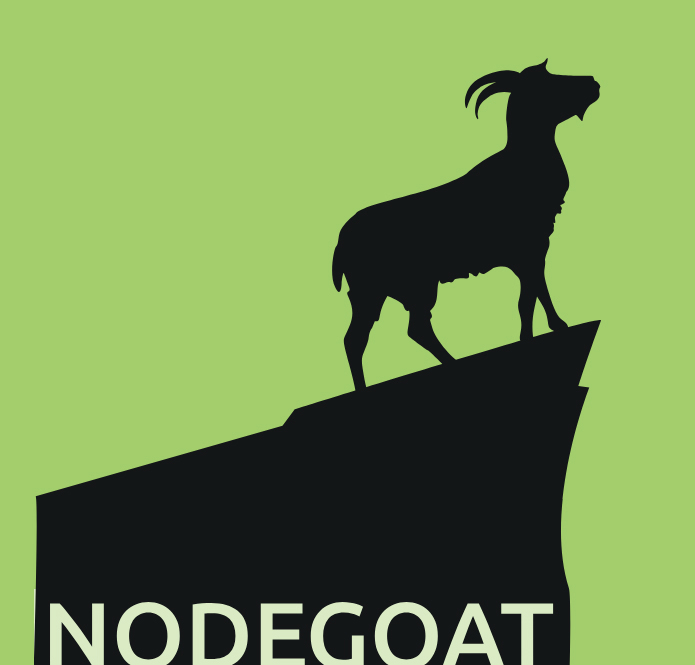Nodegoat Go
Since January 2024, the web-based research environment Nodegoat has been available to Institute staff, project collaborators and students. The Institute of History leads a consortium of five CAS institutes that jointly maintain a licensed installation of Nodegoat GO.
News
What is Nodegoat
Setting up an account, project support
System administration at the CAS
Trainings and workshops
Useful links
User community
News
27. 11. 2024. the 2nd Nodegoat Users Workshop took place.
What is Nodegoat?
Nodegoat is an online virtual research environment (VRE) for digital research in the humanities. It has been developed and adapted to the specific nature of data processing methods in the humanities and is in use by researchers at a number of research institutes in European and American universities. The system's authors are Pim van Bree and Geert Kessels, developers of the Dutch company LAB1100.
The basis of the system is an object-oriented approach. People, events, artefacts and information sources are handled as equivalent objects, contextualised in time and place. Between the objects, hierarchical or network relationships can be modelled. The system allows working with data of different types (text, image, sound, spatial and temporal data). It provides "user-friendly" tools for data modelling, data creation and management as well as data analysis and visualisation. Node.js, PHP and MariaDB technologies are used for the technical solution.
Nodegoat's key benefits are
- Easy data and model sharing between projects and institutions
- Sophisticated ways of working with spatial, temporal and textual data, which reflect the specificities of the humanities and social sciences
- Full integration of source documentation (source and literature links), including connectivity to bibliographic services (e.g. Zotero)
- Built-in tools for analysing and visualising data (quantification, network analysis, mapping and chronological visualisation)
- Linked data capabilities with other data sources (wiki data, external databases, library systems)
- Configurable environment for publishing research data and results (public interface, exporting data packages to repositories, customised API)
- Meets the criteria for open scientific data and FAIR principles
Multi-user access, user permission management, integrated version history (every change in the data is stored and documented) and import/export tools are a matter of course.
Examples of usage:
Nodegoat is being successfully used for a number of methodologically varied projects covering a wide range of humanities disciplines, such as prosopography, the study of correspondence, book circulation or knowledge dissemination, social network analysis, documentation of monuments, art objects, or archaeological sites. To mention just a few, see the Repertorium Academicum Germanicum, the Encyclopedia of Romantic Nationalism in Europe, or Mapping Visions of Rome.
Setting up an account
Setting up a user domain and account is free of charge for all Institute staff, as well as for all collaborators and students involved in research projects. A domain can be set up as either a personal domain or a project domain. Contact your institute administrator for account activation and user support.
System administration at the CAS
server: nodegoat.hiu.cas.cz
main administrator:
Mgr. Jana Synovcová Borovičková, PhD. borovickova@hiu.cas.cz
Institutional administrators:
|
HIU |
Jana Synovcová Borovičková |
|
|
FLU |
Vladimír Havlík Hana Cassi |
|
|
USD |
Andreas Dumalas |
|
|
UDU |
Anja Bunzel |
|
|
KNAV |
Veronika Sladká |
Trainings and Workshops
Recordings on the intranet or on request
Basic training lab1100 for the CAS 11. 3. 2024 (online)
Face to face training 13. 6. 2024
Advanced Nodegoat Features (reversals, analysis, visualisalions) 27. 11. 2024 (online)
Useful Links
- nodegoat (homepage)
- nodegoat FAQ
- nodegoat User Cases
- nodegoat Guides
- nodegoat documentation
- nodegoat on GitHub
- LAB 1100
- nodegoat tutorials and news on the HistData blog by Kaspar Gubler

